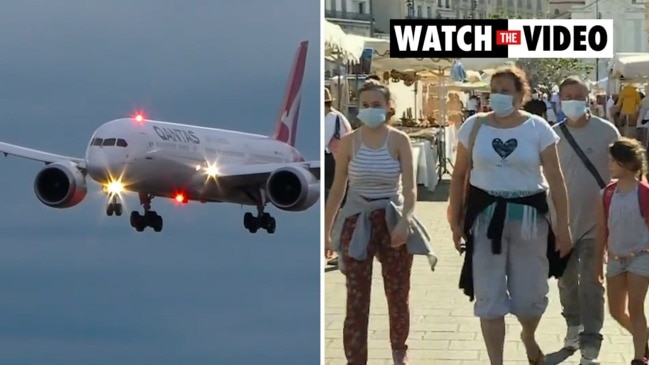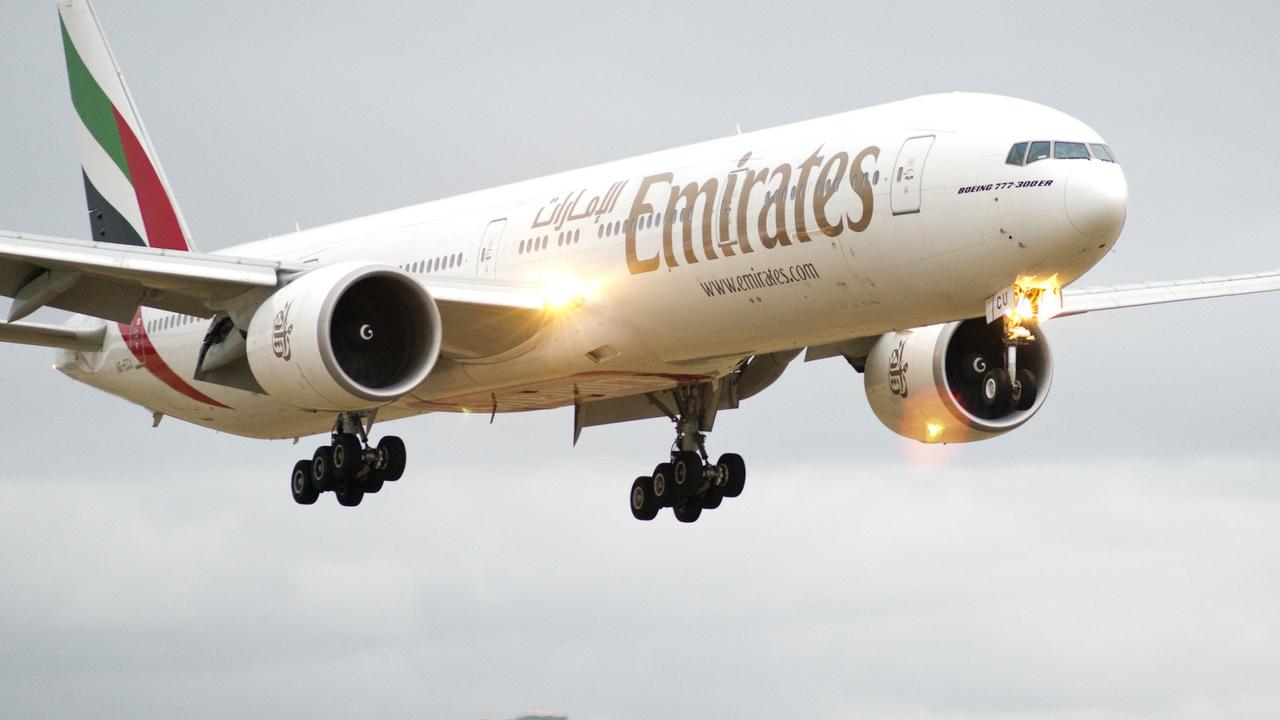Coronavirus: Australians could be travelling overseas by 2021
There are hopes overseas travel could be back for Australians sooner than thought, but there’s a big factor determining exactly when it happens.

Get your passports ready people because international travel could be on the cards for as early as next year, but there is one big factor that will determine exactly when Aussies will be able to leave the country.
Minister for Finance, Tourism and Trade Simon Birmingham said overseas travel in 2021 is “not impossible” but will depend on how quickly an effective COVID-19 vaccine is developed and distributed to citizens.
“It’s not impossible. I would like to think we would see such success in terms of both the vaccines and their effectiveness,” Mr Birmingham told Sky News.
“Then of course the manufacturing rollout, distribution, uptake, all the other factors that come into how it is that a vaccine could change the way we look at things around this pandemic.”
RELATED: Follow our live coronavirus coverage

RELATED: Australia’s plan for overseas travel
He said ensuring Australians can get their freedoms back as soon as possible was one of the reasons the government has been working so hard to secure contracts with multiple promising vaccine candidates.
However, jetting off for an overseas holiday in the first half of the year might not be possible, with Mr Birmingham saying if international travel does resume in 2021 it will likely be later in year.
“I think the first half may be challenging but lets just see how we go in terms of how quickly we can secure, distribute, get that take up in relation to vaccines with the confidence and safety everyone needs,” he said.
The Australian government has secured contracts for four different vaccine candidates from Pfizer, AstraZeneca, Novavax and the University of Queensland.
RELATED: These are NSW’s new virus rules

Last week, Health Minister Greg Hunt said the government had secured enough vaccine doses to “vaccinate Australia three times over”.
“We also have access to another 25 million units of vaccine through what’s called the international COVAX facility,” Mr Hunt told FIVEaa radio host Leon Byner.
“So, we’ve got enough vaccine potentially, subject to success and approvals, to vaccinate Australia three times over.
“And you might say, well, why would you do that? Because nobody knows which vaccines will be successful. But, our medical experts have identified the class of vaccines that we need and the most advanced and likely vaccines and their choices appear to be very, very good.”
When a vaccine is approved it will likely be distributed to health workers and the elderly first before being rolled out to the rest of the country.
“Our expectation, again, remains, and indeed the guidance has been reaffirmed and strengthened, that we’ll be able to provide all Australians who seek to be vaccinated with a vaccine during and before the end of 2021,” Mr Hunt said.
Last week, Pfizer, one of the leading vaccine candidates, announced it would be submitting a request to the US Food and Drug Administration (FDA) for Emergency Use Authorisation of it’s vaccine.
The pharmaceutical company has been created the vaccine in conjunction with biotechnology company BioNTech.
The candidate has recent demonstrated a vaccine efficacy rate of 95 per cent during phase three trials, with no serious side effects observed to date.
“Filing for Emergency Use Authorisation in the US is a critical step in making our vaccine candidate available to the global population as quickly as possible,” CEO and Co-founder of BioNTech Ugur Sahin said.
“We intend to continue to work with regulatory agencies worldwide to enable the rapid distribution of our vaccine globally.”




